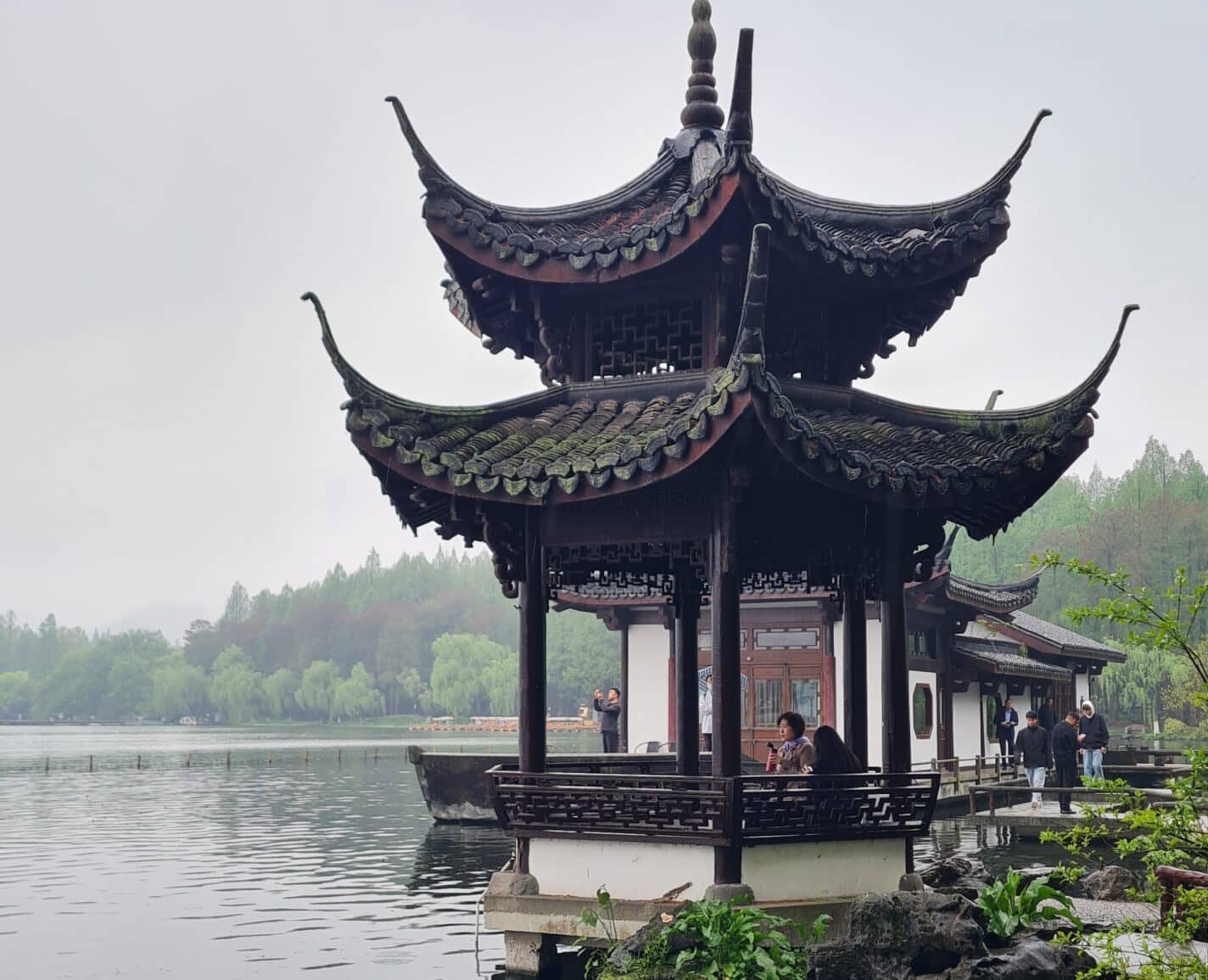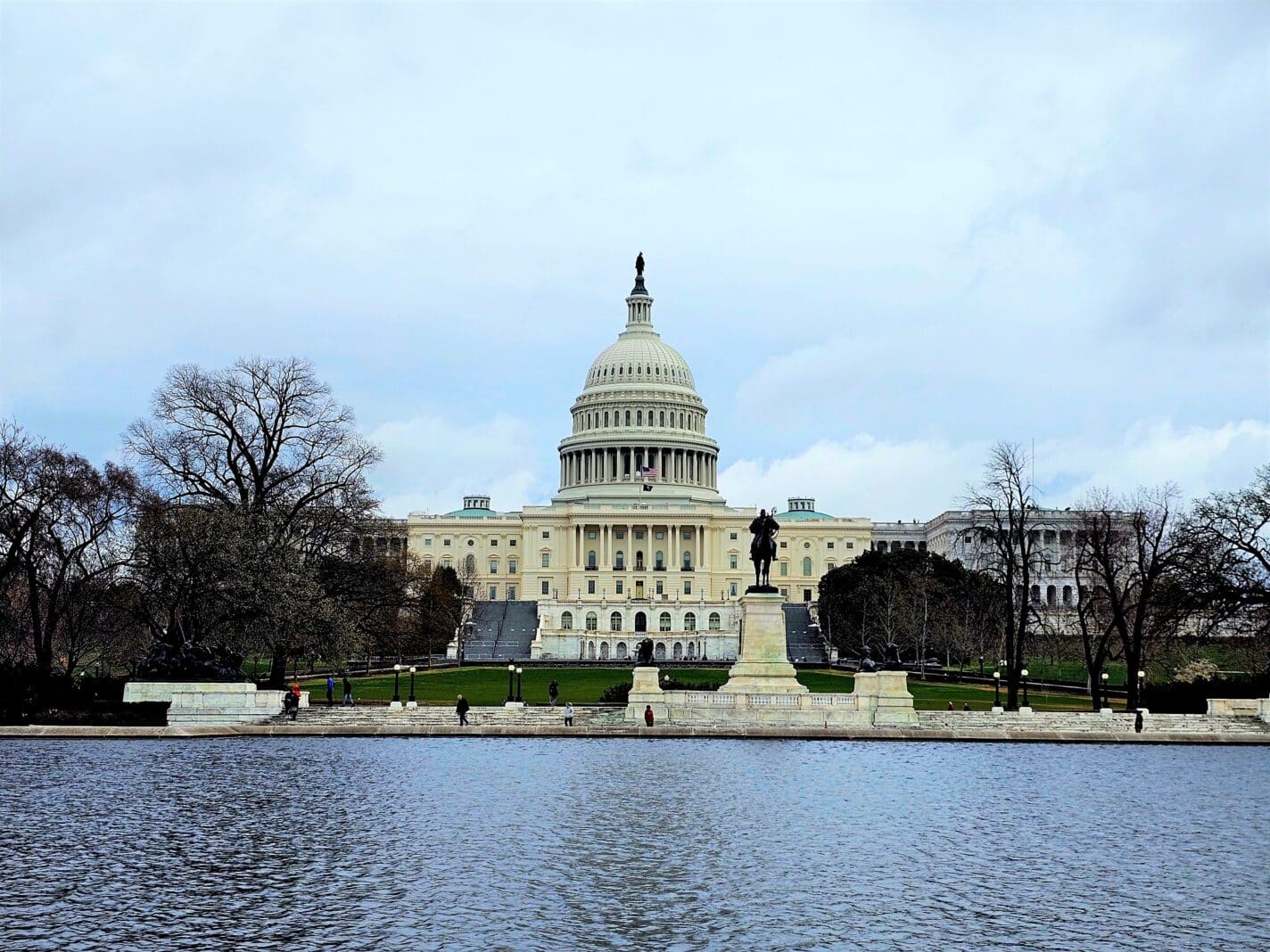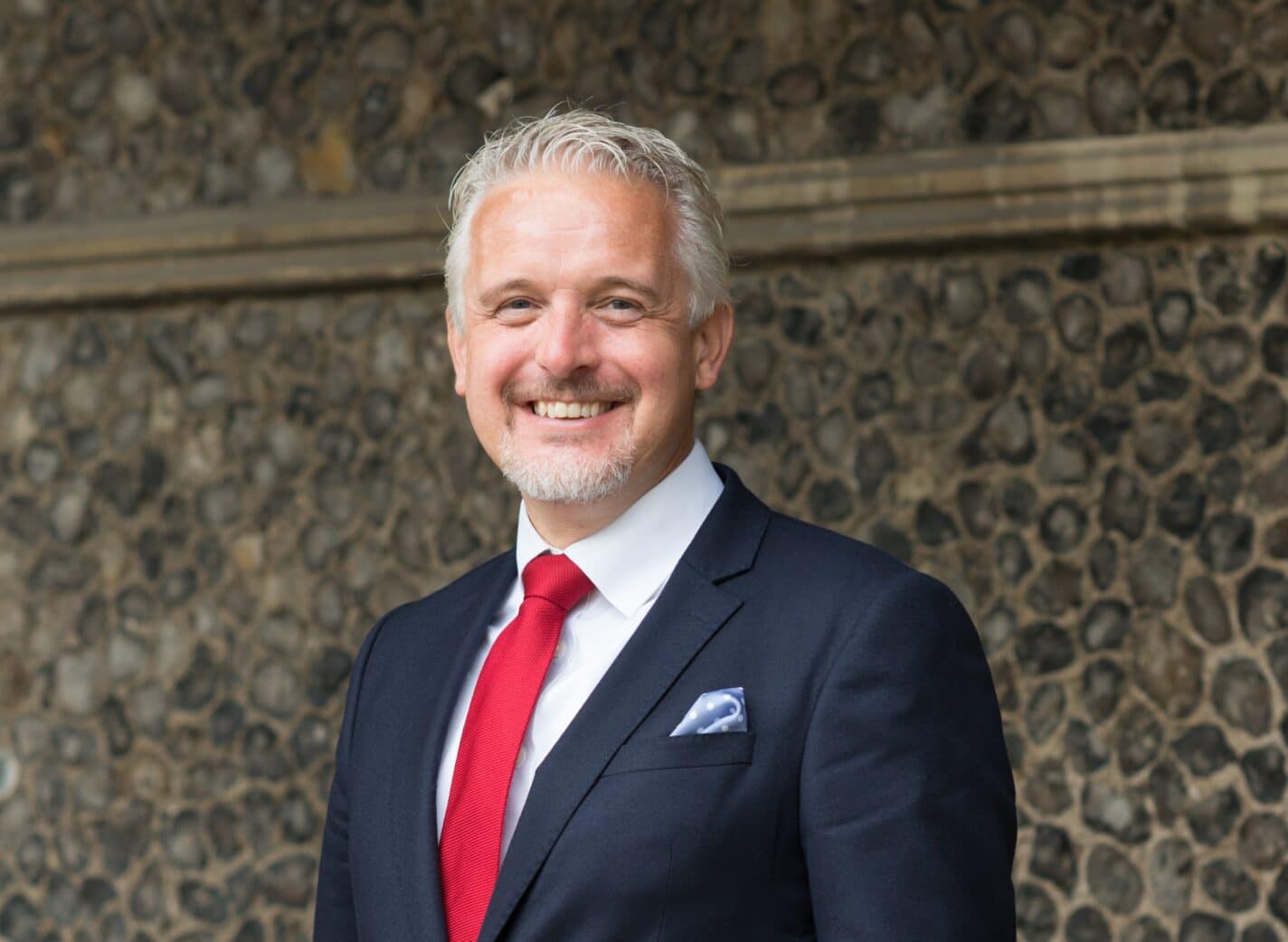The last week of the school year is the home of Culture Week for the First and Second Forms, a cross-curricular initiative linking areas such as history, music, art, film, science, and the world around us. This year’s theme was ‘Freedom’. The week provided an opportunity for pupils to work together in a range of contexts, approaching new and challenging activities with an open mind. ‘Freedom’ had a different slant and a different meaning in each of the twenty different sessions.
In the Art department, pupils made postcards to send around in the world, inspired by the open landscapes of local artist Carry Akroyd.
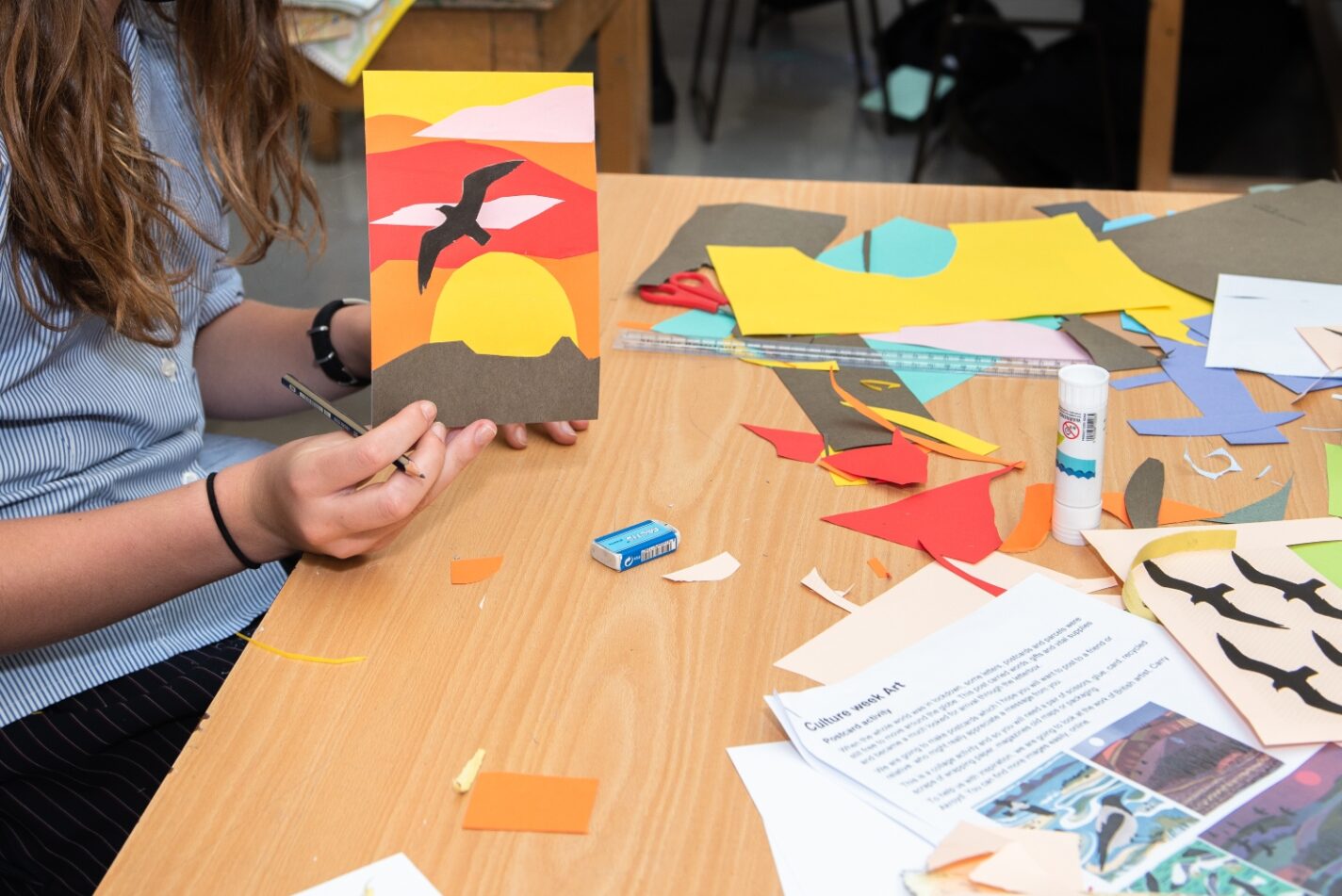
Using materials from the Archive, pupils learned about Old Oundelians who had been taken prisoner during World War II, and wrote their own POW letters imagining what the loss of freedom would feel like. The Maths department also used the context of WWII to decipher the mathematical skills of the code breakers at Bletchley Park who facilitated the ability of British forces to overcome the Nazi threat.
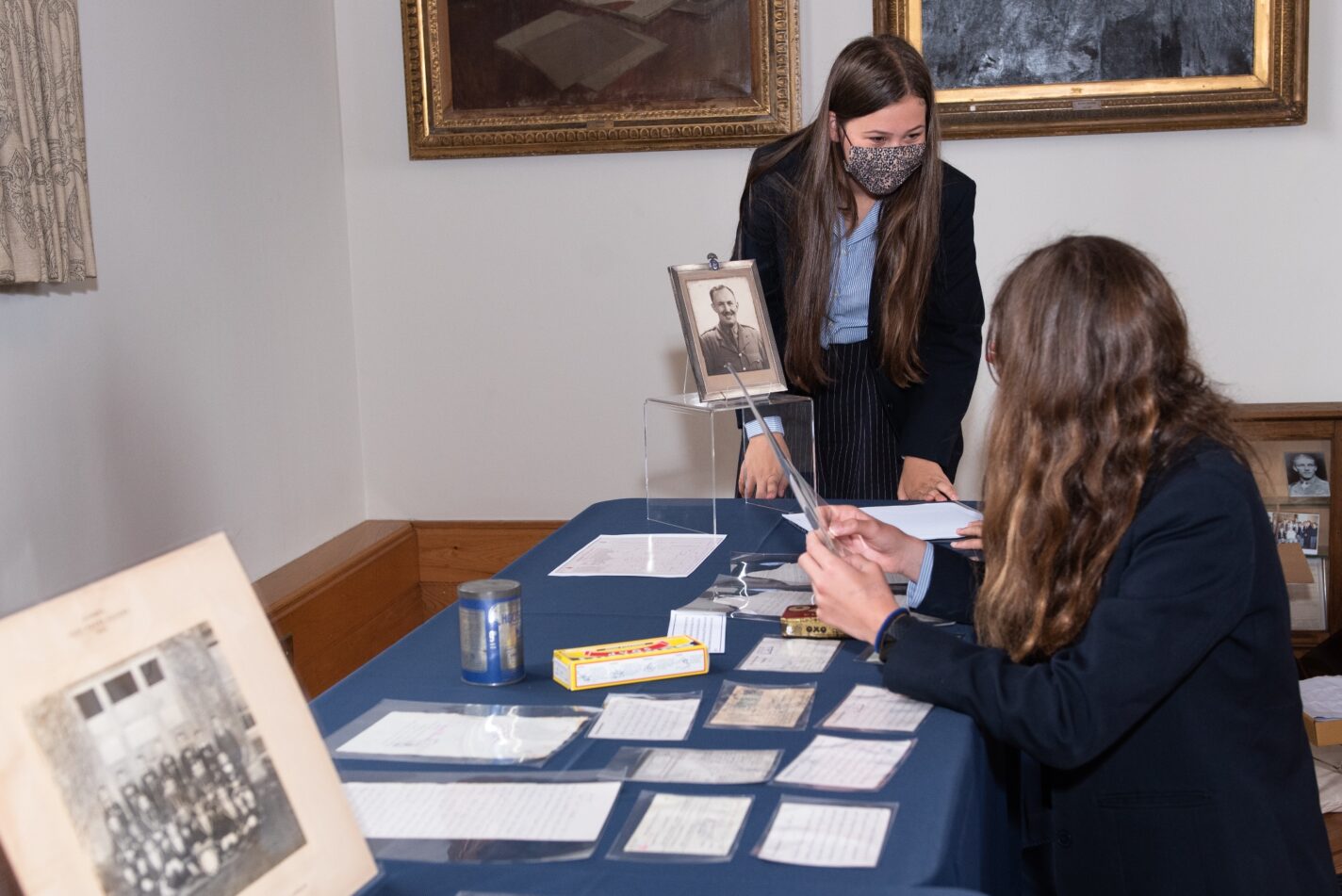
The Classics department examined Athenian democracy and freedom, while the English department looked at extracts from Shakespeare’s Julius Caesar and at speeches by contemporary statesmen and politicians, and then wrote their own speeches about the freedoms they want to see returned after Covid is over.
The performance poet Luke Wright made a guest appearance at the Stahl Theatre and inspired pupils with his free-wheeling verse style which tackles political issues and the inherent theme of freedom.
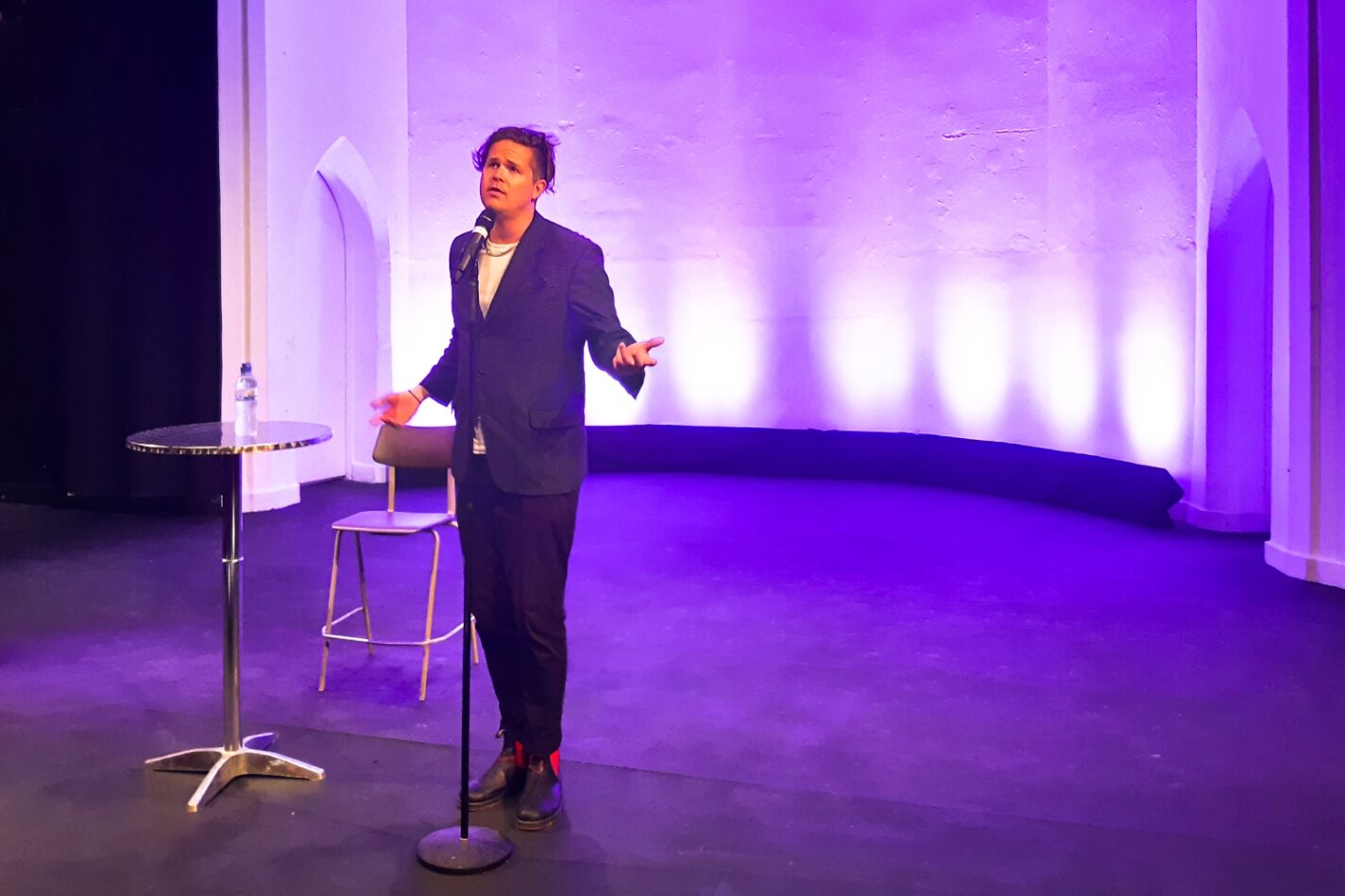
Drama explored freedom through physical theatre workshops, while Geography challenged pupils to collect seven keys and conquer seven rooms and solve the geographical clues to break out of the ‘Escape Room’.
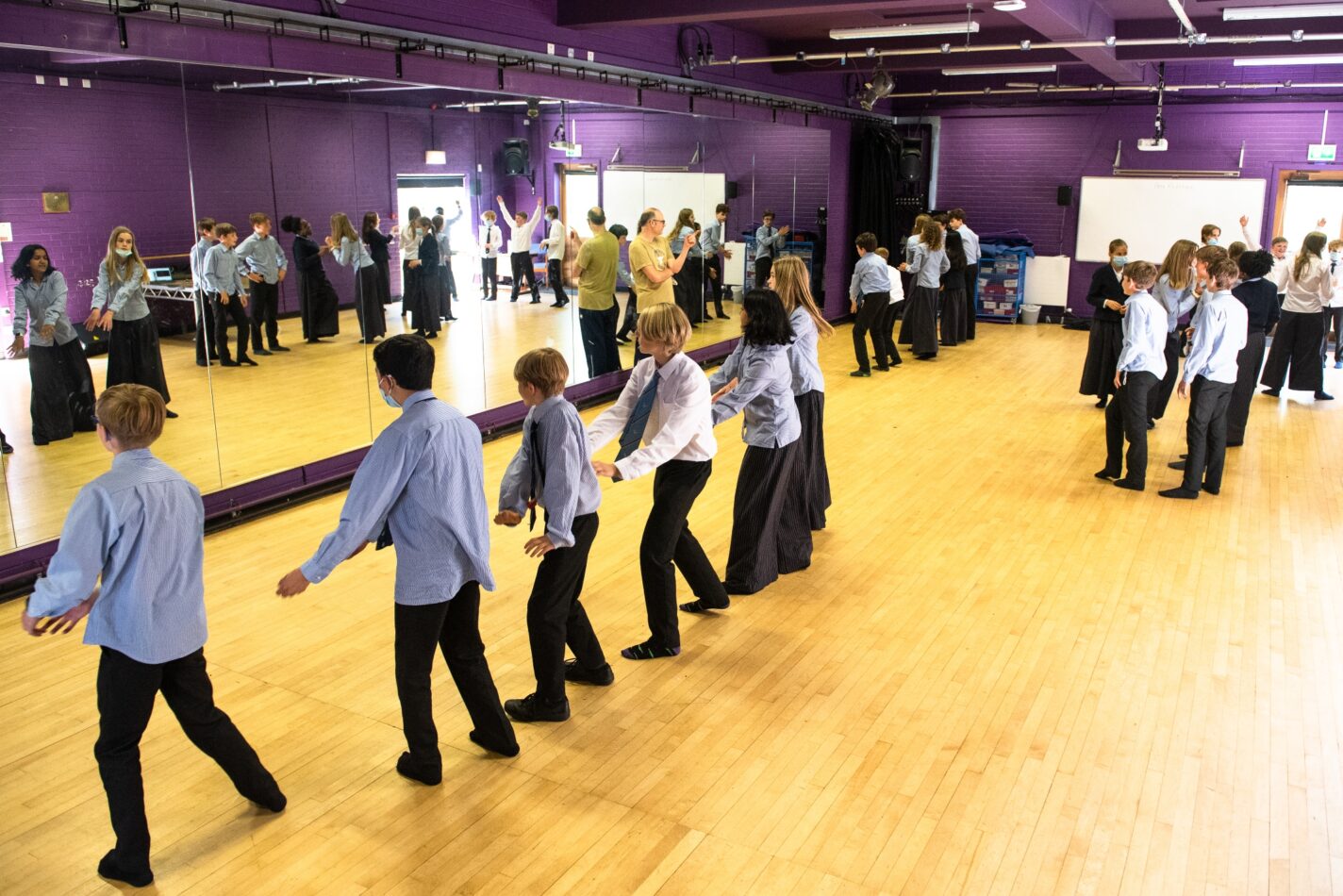
Freedom is one of the three words in the French national motto, so French-themed tasks all about freedom included the French Revolution, the Statue of Liberty and Delacroix’s famous revolutionary painting.
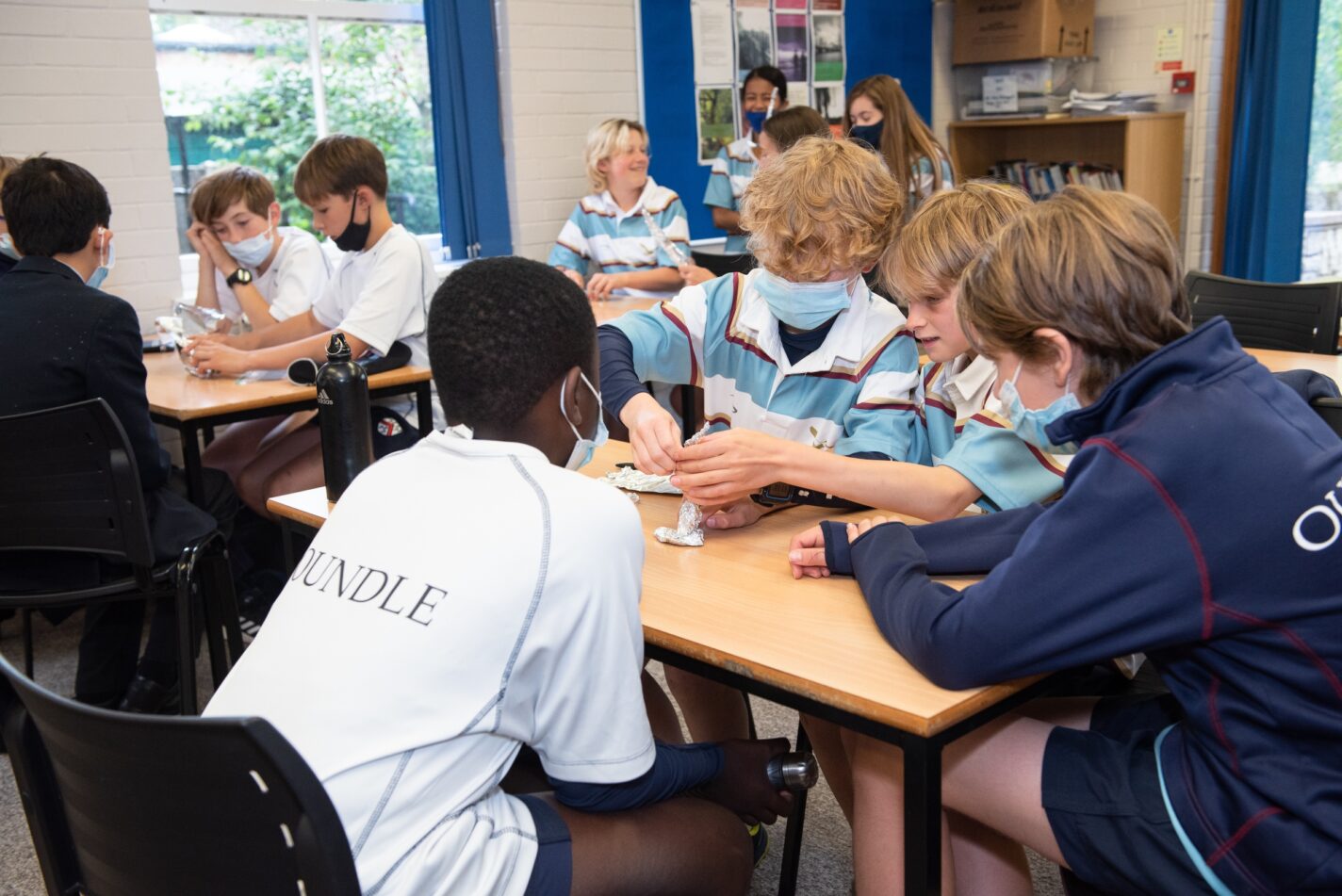
Elsewhere in Modern Languages, pupils looked at how art and propaganda was used as an agent of revolution in Russia, and the meaning of ‘freedom’ that the revolution sought to bring the country’s people. In Music pupils learned about the composer Sibelius, who used music to empower his nation against the might of Russia. History made freedom personal, looking at the UK’s constitutional monarchy and the 1689 Bill of Rights.
Staff from SciTec organised sessions that explored the natural world, launched rocket technology, and made use of virtual reality headsets provided through the OPEN Learning Partnership.
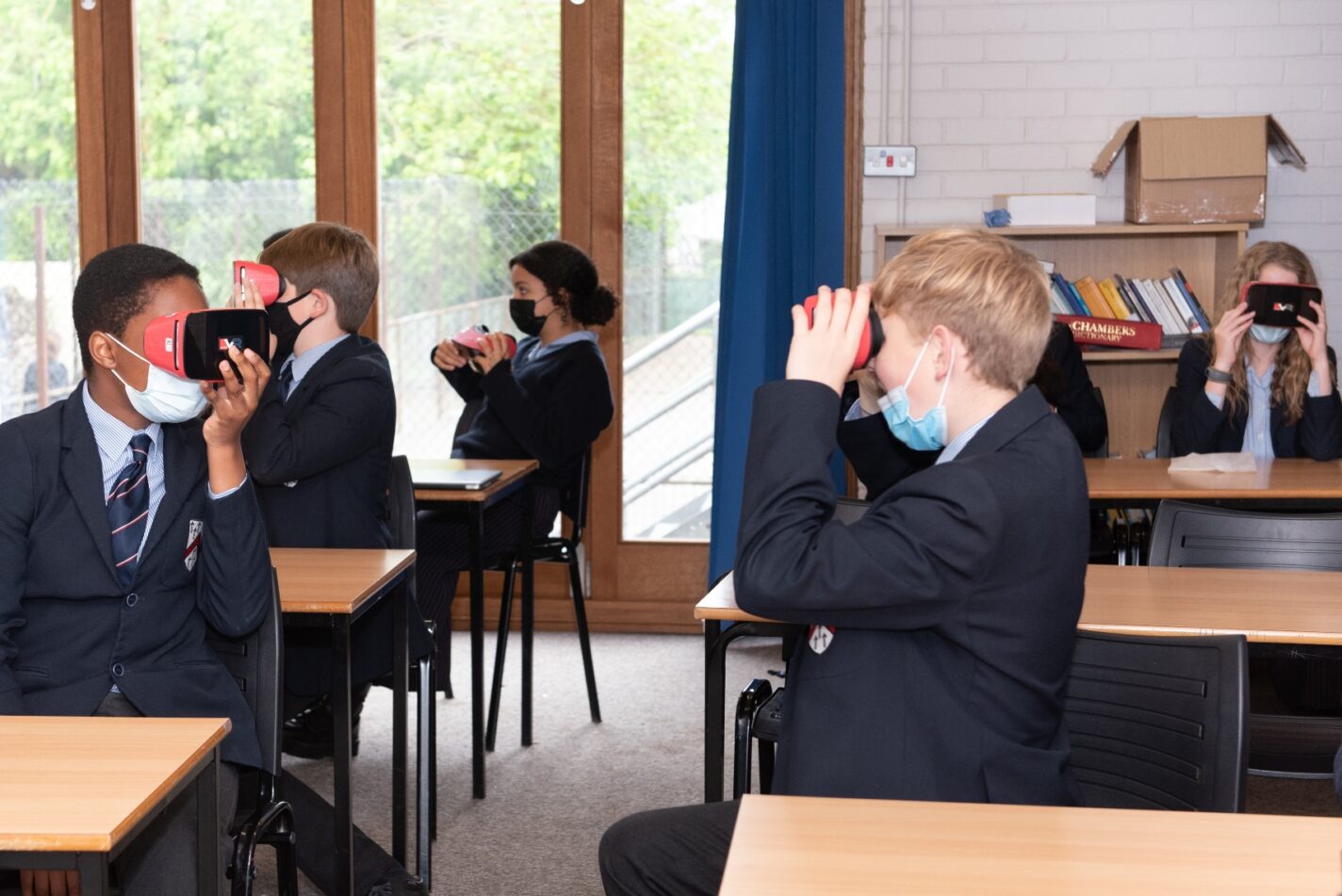
In a time of Covid bubbles, pupils looked at the chemistry of how to make and pop (or not pop) bubbles. A phenomena that we all hope to burst free from when we return to school in September.


